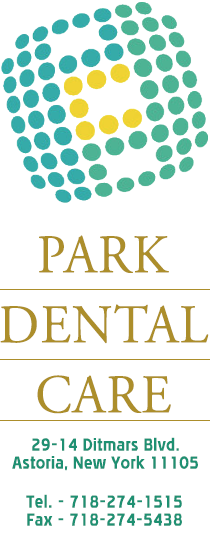 If you’re a parent of a baby or young child and have been wondering when it’s time to start focusing on proper dental care, the answer is “right now”! It’s never too early to begin on the road to good oral hygiene and proper dental care to provide your child with the best opportunity for a life filled with healthy teeth and gums.
If you’re a parent of a baby or young child and have been wondering when it’s time to start focusing on proper dental care, the answer is “right now”! It’s never too early to begin on the road to good oral hygiene and proper dental care to provide your child with the best opportunity for a life filled with healthy teeth and gums.
Even before a baby’s first tooth comes in, it’s a good idea to get into a habit of using a clean, damp washcloth to rub over baby’s gums to remove any bacteria. This should be done after eating or drinking and before bedtime. Once those first pearly whites start to show, brushing can begin. Early brushing can be done with just a bit of water and an infant toothbrush, or even a finger brush or clean washcloth. Until the child can learn how to spit when brushing, toothpaste shouldn’t be used, or use just a tiny smear of it and make sure it’s a child-friendly brand.
In addition to keeping teeth and gums clean with water, a washcloth or an infant toothbrush, how you feed your child early on can also have an impact on their oral health. A condition known as bottle mouth can occur if a baby or child is allowed to suck on a bottle as he or she falls asleep, since this allows the sugars in milk, formula or juice to stay on the teeth for long periods of time , eating away at the enamel. Other sugary culprits to be tuned into include some medications, which can leave a sugary residue on the teeth and gums that should be wiped away.
A child’s first trip to the dentist should take place sometime before or around their first birthday, according to the American Dental Association. This visit is worthwhile for a number of reasons. For one, it allows the dentist to make sure that no potential problems are visible. If there are any issues, they can be addressed early. Another good reason for making this trip to the dentist’s office is so that parents can better understand the best ways to ensure that their child’s teeth remain healthy – tips like how to brush, when to start flossing, and how foods and eating patterns can affect growing teeth should all be discussed at this visit. Finally, an early trip to the dentist is the ideal way to get your child used to what will become a routine throughout their lives, setting up the building blocks for a healthy relationship between dentist and child.
Once a child can learn to spit, which usually takes place around age two, a dab of toothpaste can begin being used on the toothbrush. It is also a good idea to begin flossing between teeth as soon as your child has teeth that are adjacent to one another, since flossing will help remove bacteria, plaque and debris that can get caught between teeth.
If your municipality does not add fluoride to the water supply, you should ask your dentist about fluoride supplements. These can be taken on their own or in conjunction with a daily multi-vitamin. Topical fluoride treatments during routine office visits will also help to keep teeth strong and cavity-free.
Your dentist can tell you when regular routine office visits should occur, and whether they are needed once per year or once every six months. Sticking to a regular routine will help to ensure that teeth remain healthy and that any potential small problems are identified before they become larger problems.
We have included tips in this article about how to keep your child’s teeth and gums healthy from birth through the age where their “baby teeth” start to fall out, to be replaced by permanent teeth. Stay tuned for Part II of this series for more information on how to keep your child’s teeth health as they continue to grow.
For more information about how to keep your child’s teeth healthy, or to schedule an appointment with a pediatric dentist in Queens, contact Park Dental Care at 718-274-1515.







